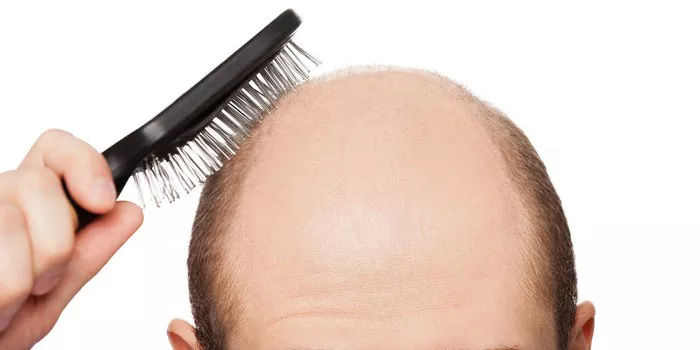A substantial number of female breast cancer patients who underwent scalp cooling treatment have reported minimal perceived benefits in mitigating hair loss, overall quality of life, and body image improvement, in contrast to those who chose not to pursue scalp cooling.
Research Approach and Findings:
While prior studies have showcased the effectiveness of scalp cooling in reducing hair loss in breast cancer patients undergoing chemotherapy, many of these studies have focused on single-agent treatment regimens rather than the more prevalent combined chemotherapy protocols. Furthermore, only a limited number of studies have delved into the patients’ subjective experiences regarding this treatment.
In a bid to gain insight from real-world scenarios, researchers conducted a comparative analysis involving 75 women who opted for the Orbis Paxman cooling cap during taxane/anthracycline-based chemotherapy sessions, and 38 breast cancer patients who declined the usage of the cooling cap.
Over the course of the treatment, participants were assessed at various intervals, including baseline, mid-chemotherapy, final chemotherapy cycle, as well as at 3 months and 6 to 9 months post-chemotherapy, regarding their perception of hair loss, functional health, and body image. The study cohort was comprised of women at diverse stages of breast cancer treatment, with approximately half being premenopausal.
Key Observations:
The study revealed that there existed no substantial disparities between the group utilizing scalp cooling and the control group concerning patient-reported hair loss (P = .831), overall quality of life (P = .627), emotional functioning (P = .737), social functioning (P = .635), and body image (P = .463).
On average, participants adhered to the cooling cap treatment for approximately 40% of the entire chemotherapy duration.
Remarkably, 70.7% of the 75 women employing scalp cooling discontinued its use prematurely, with the majority (73.9%) attributing alopecia as the primary reason; merely 30% saw the treatment through to completion.
Clinical Implications:
The study’s authors concluded, “The effectiveness and tolerability of scalp cooling when applied within a clinical routine appear to be limited. The identification of criteria prognostic for scalp cooling’s efficacy, along with upfront definition, could prove valuable in pinpointing patient subgroups that may derive a treatment advantage.”
Study Limitations and Future Prospects:
Critics of the study point out that more frequent intervals between surveys might have furnished a more nuanced comprehension of patients’ experiences with scalp cooling. Furthermore, the absence of biomarker assessments for identifying patients more likely to benefit is also highlighted.
Disclosure and Support:
The research received backing from the Medical University of Innsbruck. Christine Brunner disclosed a grant from Paxman UK, the manufacturer of the cooling cap employed in the study. Another investigator revealed personal fees from AstraZeneca, Daiichi Sankyo, Gilead, Lilly, Novartis, and Sirius.


